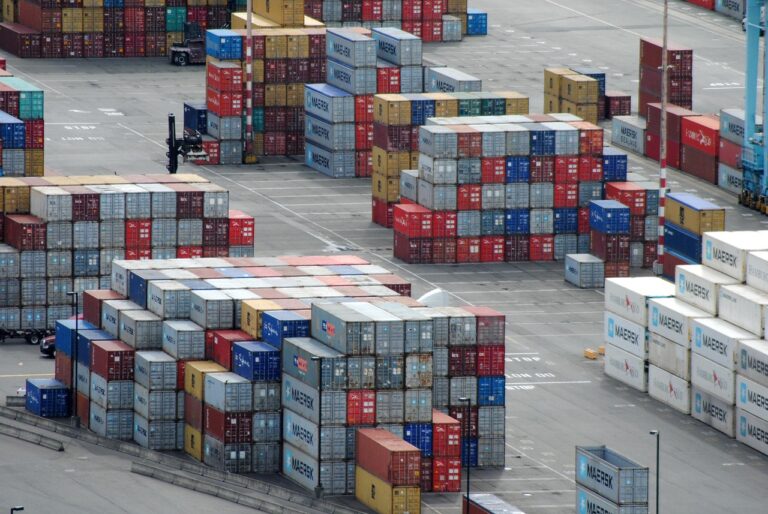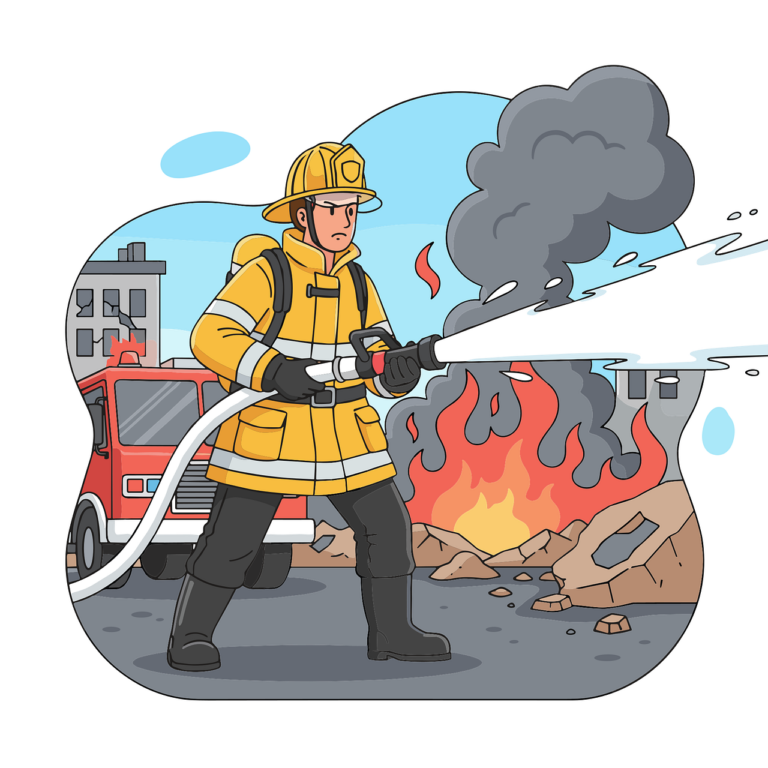
When we consider minors who find themselves in legal trouble, the term “delinquent” often springs to mind. However, this label can be quite misleading, as it fails to recognize that children and teenagers are navigating a critical phase of growth and are prone to making errors for a multitude of complex reasons. The actions that lead these young individuals into conflict with the law do not necessarily predict future criminal behaviour; rather, they may stem from various environmental, familial, psychological, and social factors.
A minor in conflict with the law is defined as anyone under 18 who engages in activities that breach legal codes or societal expectations. It is essential to realize that not every action that results in legal issues for a child should be hastily classified as delinquent or criminal.
Juvenile misbehaviour often includes acts like petty theft, drug-related offenses, driving without a license, issues at school, or physical confrontations. These behaviours are frequently influenced by situational elements such as peer pressure, economic hardship, emotional challenges, inadequate education, or family issues like ineffective parenting, domestic violence, or parental separation.
While these actions can be disruptive, they should be understood within a broader developmental framework rather than hastily labelling the child as a criminal or delinquent. The crucial point is to recognize that children are still evolving, with numerous emotional, psychological, and social factors influencing their behaviour.
Juvenile misbehaviour frequently stems from the various circumstances and difficulties a child encounters rather than an innate inclination towards criminal activity.
It’s crucial to understand that juvenile delinquency usually denotes a consistent and serious pattern of criminal actions, often including violent offenses or those that directly endanger others. Nevertheless, numerous minors may partake in isolated acts of misconduct, typically influenced by situational elements like peer pressure, family issues, mental health challenges, or academic struggles. Such behaviours should not be interpreted as signs of potential future criminality.
Instead of labelling childhood errors as criminal acts, society should prioritize uncovering the fundamental reasons behind these behaviours. It is essential to acknowledge that children are in a continuous process of learning, evolving, and acquiring the abilities required to effectively manage their surroundings and improve their decision-making. By offering appropriate support, mentorship, and targeted interventions, society can assist these minors in tackling the core issues that lead to their actions, ultimately helping them reintegrate into the community as responsible and well-adjusted members.
In India, the framework that governs juvenile delinquency is primarily outlined in the Juvenile Justice (Care and Protection of Children) Act, 2015. This progressive legislation aims to tackle juvenile delinquency by prioritizing the care, protection, and rehabilitation of young offenders instead of merely imposing punitive measures. The JJ Act adopts a balanced perspective, acknowledging that minors who commit offenses should be treated differently from adults, as they are still developing and more open to rehabilitation. It emphasizes the comprehensive development of children in legal conflict, ensuring their rights are safeguarded while also holding them accountable for their actions.
The law underscores the significance of rehabilitative strategies, including counseling, education, skill enhancement, and vocational training, which facilitate the reintegration of young offenders into society. By implementing these strategies, the Juvenile Justice Act aspires to ensure that children facing legal issues are not only punished but also given a chance to reform and contribute positively to society. The legislation incorporates provisions for the involvement of Child Welfare Committees (CWCs), members of the Juvenile Justice Board (JJB), Legal cum Probation Officers (LCPOs), social workers, counselors, and psychologists, who collaborate with children and their families to provide essential guidance, support, and appropriate interventions. Furthermore, when necessary, it permits the placement of children in government facilities, such as observation homes, where they can receive care, rehabilitation, education, and assessment in a nurturing and structured environment to address behavioural challenges.
Child welfare committees and Juvenile Justice Boards (JJBs) are essential in ensuring the rehabilitation, care, and protection of children who find themselves in conflict with the law.
Labelling minors as delinquents poses a significant risk, as it can have a profound and lasting impact on their self-esteem, mental health, and future opportunities. When children are labelled as “troublemakers” or “bad kids,” they may internalize these negative tags, which can severely undermine their self-worth and personal identity. This detrimental perception often leads to a self-fulfilling prophecy, where the child begins to act in ways that align with the expectations imposed by others. Instead of pursuing positive change or personal development, the child may start to believe they are incapable of making better choices, which only perpetuates negative behaviour. Over time, this can create a cycle of repeated mistakes and increased social isolation, as the child becomes ensnared by the very label assigned to them. Such a self-image can significantly obstruct their growth, further distancing them from society and hindering their personal development.
To combat these harmful labels, it is vital to shift the focus toward rehabilitation and reintegration into society. A comprehensive approach should prioritize helping children recognize and rectify their behaviour through mentorship, guidance, and education. This process must include teaching vital life skills such as emotional regulation, conflict resolution, and decision-making. Providing minors with a safe and nurturing environment to express themselves allows them to process their emotions more effectively and develop healthier coping strategies. By concentrating on a child’s inherent potential rather than their mistakes, society can disrupt the cycle of negative behaviour and channel their energy into personal growth and positive transformation.
Fostering an atmosphere where children feel safe to learn from their errors, rather than facing judgment or stigma, is crucial for nurturing resilience, self-empowerment, and personal development. When children are allowed to contemplate their actions, grasp the repercussions, and seek to make things right, they cultivate a sense of accountability and develop healthier coping mechanisms.
Rehabilitation should extend beyond merely correcting undesirable behaviours; it must also focus on restoring a child’s self-esteem, dignity, and emotional health. This approach enables children to envision a future filled with personal achievements and encourages them to become engaged, contributing members of society. The primary aim of rehabilitation should be to equip young individuals with the skills and knowledge necessary for reintegration into society as confident, well-adjusted individuals who can make informed decisions and comprehend the broader implications of their actions on others. Instead of perpetuating the harmful label of “delinquents” destined for failure, rehabilitation should offer the resources and support essential for children to learn from their past mistakes and move forward with optimism and resolve. By providing opportunities for personal growth, education, mentorship, and emotional guidance, society can empower these minors to reach their full potential, escape negative cycles, and evolve into responsible, law-abiding citizens who positively impact their communities and society as a whole.
Parents, educators, schools, and law enforcement agencies need to recognize, prevent, and mitigate the risk factors that may lead children to engage in harmful behaviours that conflict with the law and endanger both themselves and the wider community.
By delving into the intricacies of juvenile behaviour and examining the root causes, society can offer essential support that enables children to face their challenges positively and constructively. Instead of hastily placing blame or opting for punitive measures, our focus should be on equipping minors with the guidance, counselling, and resources necessary for making wiser choices. This approach encompasses mentorship, emotional support, and educational initiatives that foster the development of vital life skills, including problem-solving, empathy, and emotional regulation.
Fostering a supportive environment where children feel acknowledged and cared for empowers them to reflect on their actions, learn from their experiences, and become responsible and empathetic individuals.






